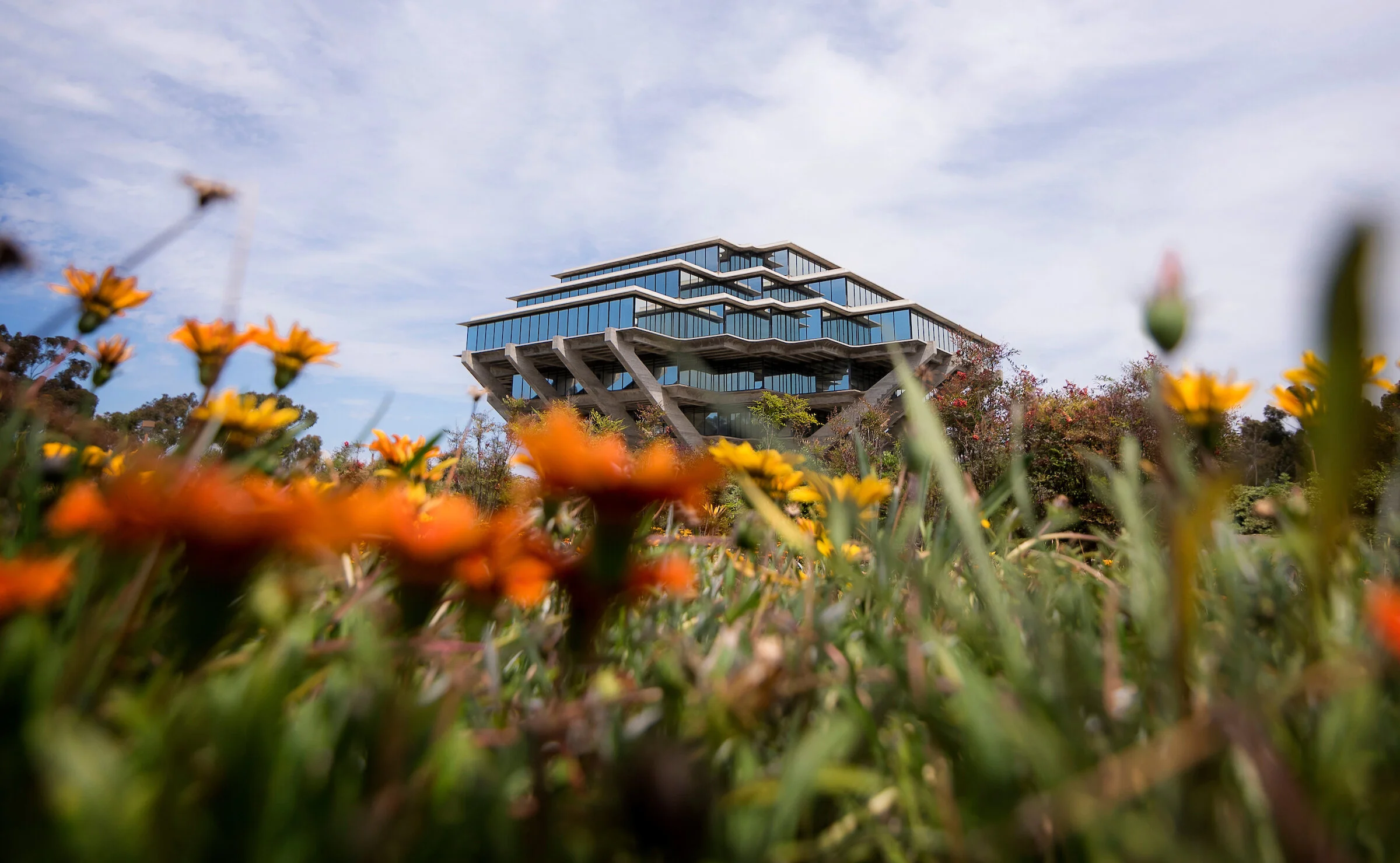Research Questions
Through our research, we are trying to understand the cognitive mechanisms that promote cooperation, altruism and aggression.
Our current research is focused on the following questions:
What motivates people to retaliate against others?
Why do people sometimes forgive transgressors instead of retaliating against them?
How does gratitude facilitate social relationships?
When and why are humans generous towards strangers?
How do early life experiences affect cooperative behavior in adulthood?
What cues do people use to infer that others value their welfare and/or are valuable social partners?
Why do we care about our reputations, and why do we go to such great lengths to protect them?
Does religion make people more prosocial?
We also have strong interests in evaluating the methodological rigor and reliability of important findings in social science.
We have recently investigated or are currently investigating the following questions:
Are the tools scientists use to measure and manipulate levels of oxytocin in humans valid?
Are experimental measures of prosocial behaviors like generosity confounded by experimental demand or a lack of experimental realism?
Does implicit priming affect complex social behaviors?
Do humans experience “ego depletion” following the exertion of self-control behaviors?
Does taking the perspective of another person affect emotional responses to learning about the welfare of that person?
Finally, we are committed to improving the methods that scientists use to study the features of social life and human behavior that are important for our own research.
We have been working in recent years to improve how we measure:
Forgiveness
Empathy
Altruism
Prosocial life goals and motivation
Early life experience
Trust
Gratitude
Reputation
Religion and Cooperation
With methodological interests in:
Computational models
Validity
Psychometrics
